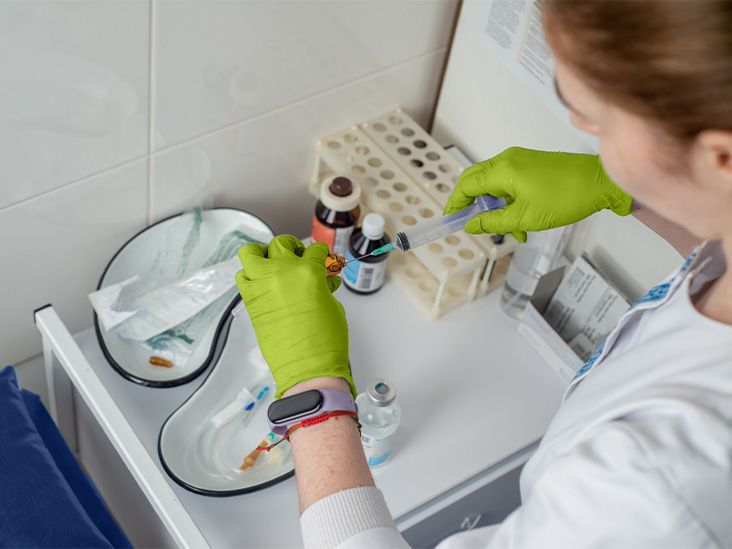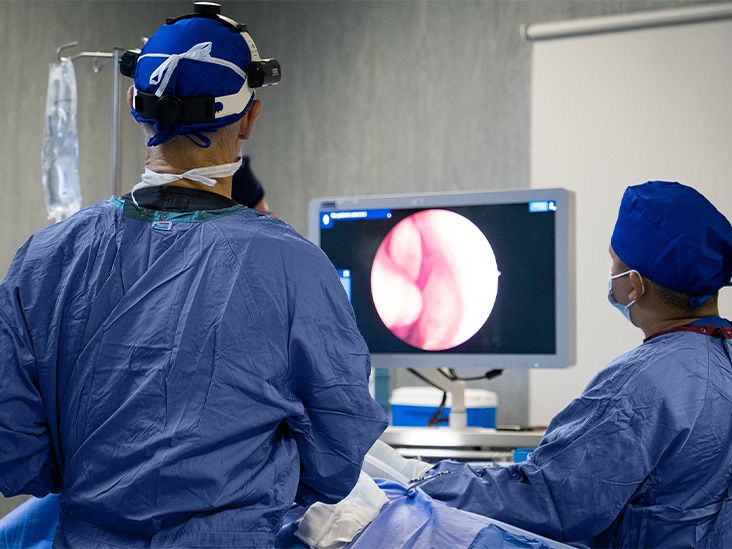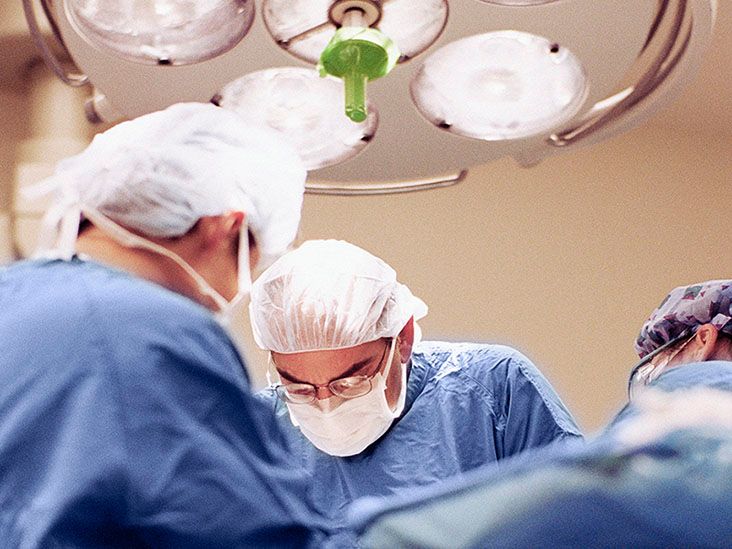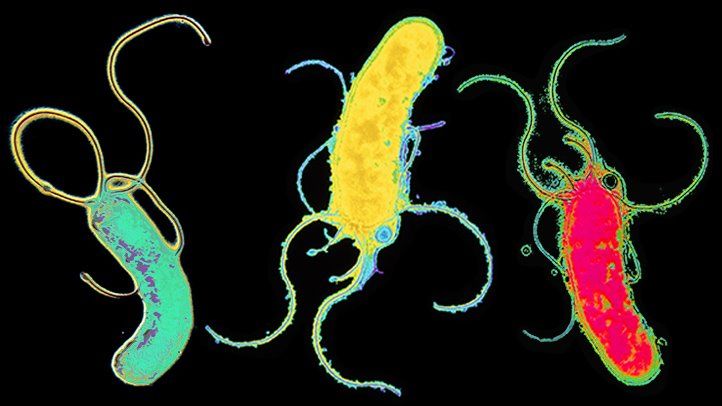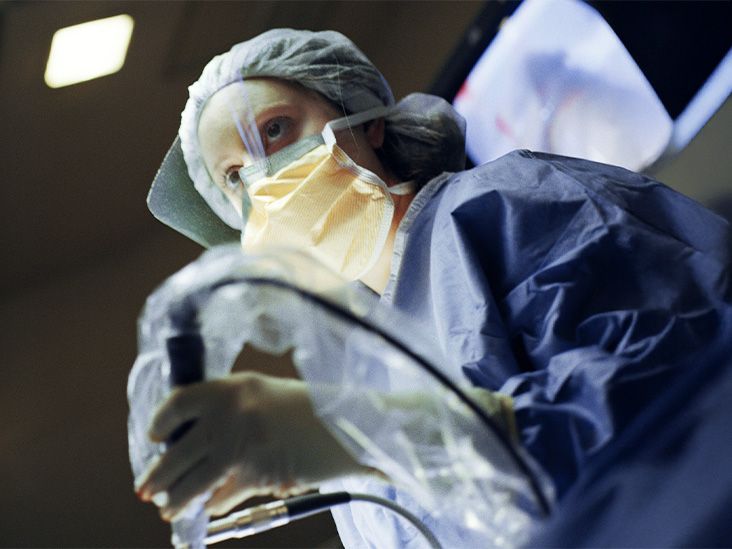Hey there. I want to talk to you about something that might feel a bit heavy, but it's important: esophageal and stomach cancers. These aren't just medical terms you hear in passing they're real conditions that affect real people, sometimes starting with symptoms that seem completely harmless.
"At first, I thought it was nothing" That's how many people feel when they first notice something's off. Maybe you've been having trouble swallowing, or that heartburn just won't quit. Perhaps you're feeling full way too quickly during meals, or you've lost weight without trying. These early signs can be subtle, like whispers your body is sending and sometimes, they're the first clues that something more serious might be happening.
Here's what I want you to remember: you're not alone in this, and understanding what's happening can make all the difference. Whether this is happening to you, someone you care about, or you're just curious to learn more, I'm here to walk through this together with clear, honest information.
Recognizing the warning signs
Let's start by talking about what to watch for. Both esophageal and stomach cancers can share some similar early symptoms, which is why it's so easy to brush them off at first. But when these signs persist, it's worth paying attention.
You know that feeling when food seems to stick in your throat? If that's happening more than just occasionally, it might be more than just eating too fast. Persistent trouble swallowing, especially if it's getting worse over time, is something your body is definitely trying to tell you about. According to cancer research, this is often one of the earliest signs people notice with esophageal cancer.
That nagging heartburn that won't go away, even with antacids? It's easy to write it off as stress or diet, but when it becomes a constant companion, it might be signaling something more significant. Unexplained weight loss is another red flag when you're not trying to lose weight but the scale keeps dropping, that's worth investigating.
You might also find yourself feeling full incredibly quickly during meals, or experiencing nausea that doesn't seem to have a clear cause. Some people notice changes in their energy levels, feeling unusually tired, or even spotting blood in their vomit or noticing black, tarry stools signs that can indicate internal bleeding.
Now, here's what's specific to each type: esophageal cancer might bring hoarseness or a chronic cough if it's affecting your vocal nerves, or leave you with particularly bad breath due to blockages. Stomach cancer, on the other hand, might cause persistent pain in your upper abdomen, swelling in your belly, or that bloated feeling that just won't go away even hours after eating.
The key here is persistence. We all have off days, but when symptoms stick around for more than a week or two and seem to be getting worse, it's time to chat with a healthcare provider. Trust your instincts you know your body better than anyone else.
Understanding risk factors
Here's something that might surprise you: developing esophageal or stomach cancer isn't simply about bad luck. While we can't always pinpoint exactly why these cancers develop, there are certain factors that can increase your risk. Think of them as pieces of a puzzle when several come together, the picture becomes clearer.
Lifestyle choices play a surprisingly big role. Smoking tobacco and heavy alcohol use are major players, especially for esophageal cancer. Your diet matters too. Those processed meats, pickled foods, and smoked items you love? They might taste great, but regularly consuming them without balancing them with plenty of fresh fruits and vegetables can tip the scales toward increased risk.
But it's not all about choices we make some risk factors are beyond our control. Chronic conditions like Barrett's esophagus, which develops from long-term acid reflux, can significantly increase esophageal cancer risk. Research shows that the bacteria Helicobacter pylori, which causes stomach inflammation, is strongly linked to stomach cancer development.
Family history also plays its part. If you have relatives who've had these cancers or related conditions, it's worth mentioning to your doctor. Previous surgeries, like having part of your stomach removed, or even radiation therapy to the chest or upper abdomen, can influence your risk levels.
Here's what's empowering about understanding risk factors: awareness gives you options. While you can't change your genetics, you can make informed choices about lifestyle modifications, seek treatment for chronic conditions, and stay vigilant about regular check-ups.
What triggers these cancers
This is where things get really fascinating and a bit complex. You see, cancer doesn't just "happen" overnight. It's usually the result of a series of changes that occur over time, like dominoes falling in slow motion.
At the cellular level, it often starts with genetic mutations those tiny "mistakes" that happen when cells divide. Sometimes these are inherited, but more often, they develop due to environmental factors, aging, or chronic inflammation. Think of it like a perfect storm: acid damage over time, chronic inflammation from H. pylori, the effects of smoking, and the natural aging process can all contribute to these cellular changes.
In the esophagus, acid reflux over months or years can lead to Barrett's metaplasia essentially, your body trying to protect itself by changing the cell type in your esophagus. While this might sound like a good thing, it actually increases cancer risk. It's like your body's well-intentioned but misguided attempt to adapt that backfires.
For stomach cancer, that persistent H. pylori infection creates a constant state of inflammation that can eventually promote tumor development. Your body's immune system works overtime trying to fight off the infection, but in the process, it can inadvertently damage healthy cells.
It's important to note that most people with these risk factors never develop cancer, and some people develop these cancers without any obvious risk factors. It's not a simple equation, but understanding the process helps us appreciate why prevention and early detection matter so much.
Getting the right diagnosis
Here's where things start to feel more concrete and hopeful. When it comes to esophageal and stomach cancers, early detection can make a world of difference in treatment outcomes. The good news? There are some excellent tools available for catching these conditions early.
The gold standard is usually an endoscopy a procedure where your doctor can actually see inside your esophagus and stomach and take tissue samples if needed. It sounds intimidating, but most people handle it well, especially with proper preparation and sedation.
Other tests might include a barium swallow, where you drink a chalky liquid that shows up on X-rays, or imaging tests like CT scans to see if cancer has spread beyond its original location. Endoscopic ultrasound is particularly helpful for determining the size and depth of tumors.
What's really exciting is the advancement in molecular profiling looking at specific genes and protein markers to better understand each person's unique cancer. This personalized approach means treatments can be more targeted and potentially more effective.
If you're experiencing persistent symptoms, don't wait for them to get worse. Regular check-ups are great for ruling out other issues, but when something feels genuinely wrong, trust that instinct. Consider asking for a referral to a gastroenterologist if lifestyle changes aren't easing typical symptoms you don't have to suffer in silence.
Exploring treatment options
Let's talk about something that gives me hope: the range of treatment options available today. While facing a cancer diagnosis is never easy, the advances in medical care mean there are multiple paths forward, tailored to each person's specific situation.
Surgery remains the most definitive treatment when possible essentially, removing the cancer before it can spread further. For esophageal cancer, this might mean an esophagectomy, where part of the esophagus is removed. For stomach cancer, a gastrectomy might be performed, removing either part or all of the stomach. These procedures sound dramatic, but they're performed regularly and often with minimally invasive techniques that reduce recovery time.
Radiation therapy has also come a long way. Sometimes it's used before surgery to shrink tumors and make them easier to remove. Other times, it's used palliatively meaning to help relieve symptoms and improve quality of life, like breaking down blockages so someone can eat more comfortably. Advanced techniques like proton beam therapy can target tumors more precisely, reducing damage to surrounding healthy tissue.
Chemotherapy works systemically, traveling through your bloodstream to reach cancer cells throughout your body. It's often used before surgery to improve the chances of complete removal, after surgery to eliminate any remaining cancer cells, or in advanced cases to slow disease progression. Modern chemotherapy regimens are much more tolerable than in the past, with better support care to manage side effects.
But here's where things really get exciting: immunotherapy and targeted therapy represent some of the most promising advances in cancer treatment. These approaches work by either helping your immune system recognize and attack cancer cells, or by targeting specific characteristics of the cancer itself.
| Treatment Type | Best For | How It Works |
|---|---|---|
| Surgery | Localized/resectable | Remove visible tumors |
| Radiation | Pre/post-op, unresectable tumors | Destroys cancer cells |
| Chemotherapy | Metastatic or advanced cases | Slows progression, kills dividing cells |
| Immunotherapy | High PD-L1 expression, MSI-high cancers | Activates immune system against tumor cells |
| Targeted Therapy | HER2+, FGFR, and other gene-driven tumors | Stops fuel source or signaling pathway |
Immunotherapies like pembrolizumab and nivolumab have shown remarkable success in certain patients, particularly those whose cancers express high levels of PD-L1 or show microsatellite instability. Targeted drugs like trastuzumab for HER2-positive tumors have transformed outcomes for patients with these specific cancer subtypes.
The key is that treatment plans are becoming increasingly personalized. Your medical team will consider the stage and location of your cancer, your overall health, and what matters most to you in terms of quality of life when recommending treatments. This isn't one-size-fits-all medicine it's tailored to you.
Finding support and strength
I want to address something that doesn't get enough attention: the emotional journey that comes with a cancer diagnosis. Yes, the physical aspects are significant, but the psychological and social impacts are equally important to acknowledge and address.
Facing cancer can feel isolating, but I want you to know that you're not alone. There are support groups available both online and in-person, through organizations like CancerCare and Livestrong, as well as through local hospitals and treatment centers. Sometimes just knowing there are others who understand exactly what you're going through can provide immense comfort.
Professional counseling or therapy can also be invaluable. Therapists who specialize in helping people cope with medical diagnoses understand the unique challenges you're facing and can provide tools for managing anxiety, fear, and the complex emotions that come with such a diagnosis.
Don't underestimate the power of honest conversations with friends and family, even when those conversations are difficult. Many people want to help but don't know how to ask, so sometimes it helps to be specific about what you need whether it's someone to accompany you to appointments, help with meals, or simply listen without trying to "fix" everything.
Advanced care planning, while it might sound daunting, can actually provide peace of mind. Discussing your wishes and preferences for treatment with your loved ones and healthcare team ensures that your voice is heard, even if you're not able to communicate your preferences in the future.
Remember, strength isn't about being brave all the time or never feeling scared. True strength is about taking things one day at a time, reaching out when you need help, and trusting in the process of healing both physical and emotional.
As we wrap up, I want to leave you with this thought: knowledge is power, but compassion both for yourself and others is what truly heals. Whether you're reading this because you're concerned about symptoms, supporting someone who's been diagnosed, or simply trying to understand these conditions better, you're taking an important step.
Pay attention to your body, trust your instincts, and don't hesitate to seek help when something feels wrong. And remember, while this conversation has covered serious ground, it's also about hope hope in early detection, hope in advancing treatments, and hope in the resilience of the human spirit to face challenges head-on.
You've got this. And you're not walking this path alone.
FAQs
What are the early signs of esophageal and stomach cancer?
Early signs may include difficulty swallowing, persistent heartburn, unexplained weight loss, feeling full quickly, nausea, fatigue, and in some cases, blood in vomit or black stools.
What increases the risk of developing these cancers?
Risk factors include smoking, heavy alcohol use, poor diet, chronic acid reflux, H. pylori infection, family history, and prior stomach surgeries or radiation exposure.
How are esophageal and stomach cancers diagnosed?
Diagnosis often involves endoscopy, imaging tests like CT scans, barium swallows, and biopsies. Molecular testing may also help guide personalized treatment plans.
What treatment options are available for these cancers?
Treatments include surgery, radiation, chemotherapy, immunotherapy, and targeted therapy. The best approach depends on the cancer stage, location, and the patient’s overall health.
Can these cancers be prevented?
While not all cases are preventable, lifestyle changes such as quitting smoking, limiting alcohol, eating a healthy diet, and managing chronic conditions can reduce risk.
Disclaimer: This article is for informational purposes only and does not constitute medical advice. Always consult with a healthcare professional before starting any new treatment regimen.
Related Coverage
Subcutaneous immunotherapy for GI cancer offers a convenient alternative to IV treatment. Find out how it works and who it’s for....
Get insights on how immunotherapy for stomach cancer works, who benefits most, side effects, and key questions for your oncologist....
A stomach cancer diagnosis includes upper endoscopy with biopsy, staging scans, and treatment planning to guide you forward....
Gastrectomy surgery reshapes digestion; learn types, recovery timeline, diet tips, and supplements for a healthier post‑op life....
Stomach cancer quizzes boost public knowledge on risk factors, symptoms, prevention and facts. Interactive quizzes empower early detection and care seeking....
Learn how age, H. pylori, diet, smoking, and genetics affect stomach cancer risk and discover steps to lower your chances....
Stomach cancer chemotherapy uses drug combos before or after surgery and as treatment for advanced disease, with side‑effect tips....
Identify stomach cancer symptoms, know when they become urgent, and learn the steps doctors use for diagnosis and treatment....
Get essential info on esophageal and stomach cancer symptoms, risk factors, diagnosis, and treatment options to help you stay informed and prepared....
Get insight into what doctors see during a stomach cancer endoscopy, why the images matter, and how detection can save lives....
